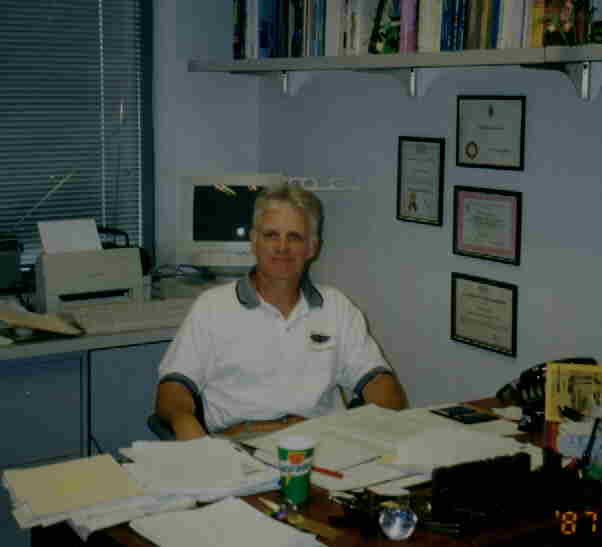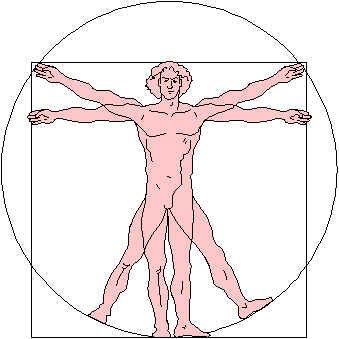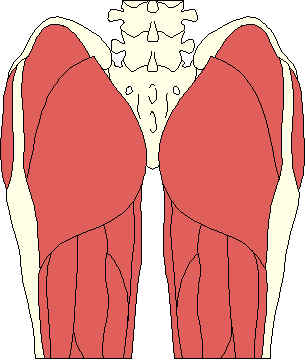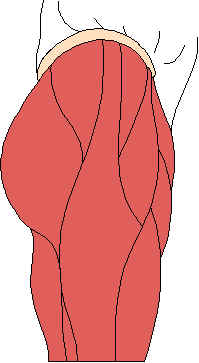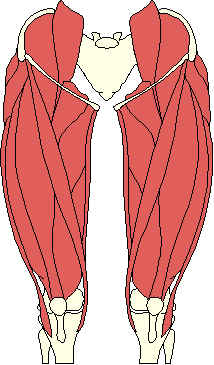Dr. D Wellness Guru |
|||
Welcome to Dr. Hutch Dvorak's Web Page! You can just call me "Dr. D.-the Wellness Guru". My goal is to help you understand important Wellness concepts that will truly make a difference in the quality of your life. When I talk to people of all ages about Wellness issues, it's amazing how the same recurrent themes pop up. Across the board, the most frequently asked questions are:
I will answer these questions in a common sense way that you will be able to understand and hopefully use in your daily life. If you have any follow up questions, I will be happy to answer your email. My Email is hdvorak@hbu.edu. How do I get in the best possible shape with the least possible effort? It's impossible to get results without effort, but I think you will be surprised at how little effort it really takes to make major differences in your fitness level! The key to lifelong wellness and avoiding heart disease is to have a good level of cardiovascular fitness. Most people think this means that you have to work very hard (translation: drudgery) and probably join a health club, hire a personal trainer, sweat in an aerobics class, become a track athlete, or all of the above. Well the answer is not necessarily. The key to understanding cardiovascular fitness is to learn the concept of target heart rate. You have probably heard of this but don't understand it's significance. The target heart rate is the intensity threshold necessary to get a training effect on the cardiac muscle (heart) and the vascular system (blood vessels). In real English this means that you have to reach a certain level of work and maintain it for a minimum of at least 20 minutes to improve your cardiovascular fitness. Therefore it is no longer necessary to worry about how far you run, bike, or swim, and what your time was. All you have to do is monitor your heart rate, reach your target, and then start counting for at least 20 minutes! If you are way out of shape, this could be done with a long leisurely walk. If you are in reasonable shape, you might have to go 70 rpms on your bike, or jog at an 8-10 minute pace. But everybody is different and you and your neighbor may respond differently to the same work load. The key is to start out gradually at a work level you know you can handle, and periodically increase your workload by increasing the intensity (pace), or the duration (time) that you workout. Remember a workout can be a long leisurely walk or a slow bike ride -whatever- as long as you reach and maintain your target! You don't have to buy a multicolored thong leotard and join a high-tech aerobics class! Some people have trouble getting their heart rate but it's easy. See the Heart Rate Calculator Page for an easy way to establish your
target heart rate. I'll give you an example. In the summer I ride my bike at a moderate pace in Houston's
heat and humidity for one hour. It's not drudgery, and I listen to my walkman the whole
time. I'm at my target for 50 minutes, so my cardiovascular system gets a terrific workout
and I burn calories way above resting for 6 hours afterward! If a one hour walk is a
challenge for you and you get to your target for 50 minutes, you will achieve the same
results. You should never workout at or close to your maximum heart rate! You will have to
stop anyway because you will be working too hard! All you have to do is reach the minimum
target heart rate- you don't get a better workout at a higher heart rate. Everybody is on a diet. Some are great, some are terrible. Most are not that bad
because people eat fairly well except everyone probably eats things they know they
shouldn't, like candy, cake, whole milk, fried chicken, etc. So step #1 to lose
weight is not to go on a diet, but rather modify your diet and cut out the things you know
you shouldn't eat. It's a lot easier than worrying about food groups and weighing and
measuring your food! To prove the importance of exercise in the weight loss battle, let me summarize the research. Start with 3 groups- diet only, exercise only, and diet plus exercise. Who loses the most weight? Congratulations- its a no-brainer- the diet plus exercise group. Second place goes to exercise only, with diet only a poor third. Not only that, there is a significant difference in the amount of weight loss when you compare each of the first two groups to diet only. But here is a startling result- there is no significant difference in the amount of weight loss between the diet plus exercise and exercise only groups! Simply put, this means that exercise- not diet- is the real key to weight loss. Not only that but you've got a better chance to keep the weight off because you will feel so good being physically fit that you will want to continue exercising! A word of caution at this point would be appropriate. When you begin exercising you will undoubtedly gain muscle and therefore gain weight. Muscle weighs three times what fat does so if you like to step on the scales it can be discouraging. But your body fat percentage (which is far and away more important than body weight) will go down and when your muscle tone stabilizes, the weight loss will gradually take effect. This is called the long haul concept in weight control (rather than the quick fix) that we Americans always want! You might actually gain weight, but lose a couple of dress sizes, or belt notches. If you are implementing the concepts in questions #1 and #2 guess what- you are well on your way to answering question #3, which is: 3. How can I relieve stress? Moderate exercise (whatever that means to you) for 15 minutes will measurably relieve stress for up to 4 hours! I tell that to my college students and some of them have told me they exercise before big tests. They claim it helped them have a clearer head and more confidence. People who are regular exercisers deal with short and long term stress in better and more constructive ways. They deal with people better and have better family relationships. Some of the by-products of fitness relates to self esteem and a noticeable increase in work productivity as well as better sleep patterns. Exercise may not be a panacea, but if half of what I've said is true, wouldn't it be
worth a try? Of course there are plenty of healthy ways to reduce stress such as
meditation, reading, progressive muscle relaxation, autogenic training, and yoga. All
methods have achieved measurable results, and the best method is the one that works for
you. But why not try exercise? hmmmm? You know what the best thing is? For every pound of muscle you add, your body burns 35 more calories per day. So over the long haul (there's that word again), the best lifelong management of body weight is to do 3 to 4 aerobic workouts per week, mixed in with 2 to 3 mild weight training sessions! Well. that's all for this first go-round. After you read through my web page, I hope you will ask questions, then I will include the answers next month. Wishing you a future full of wellness!! Dr. D. |
Dr. Hutch Dvorak
Teaching at Houston Baptist University
for 25 years. Coached collegiate gymnastics for 25 years,
including 3 Olympians, Involved in personal training and exercise
prescription for 15
Related Links
|
